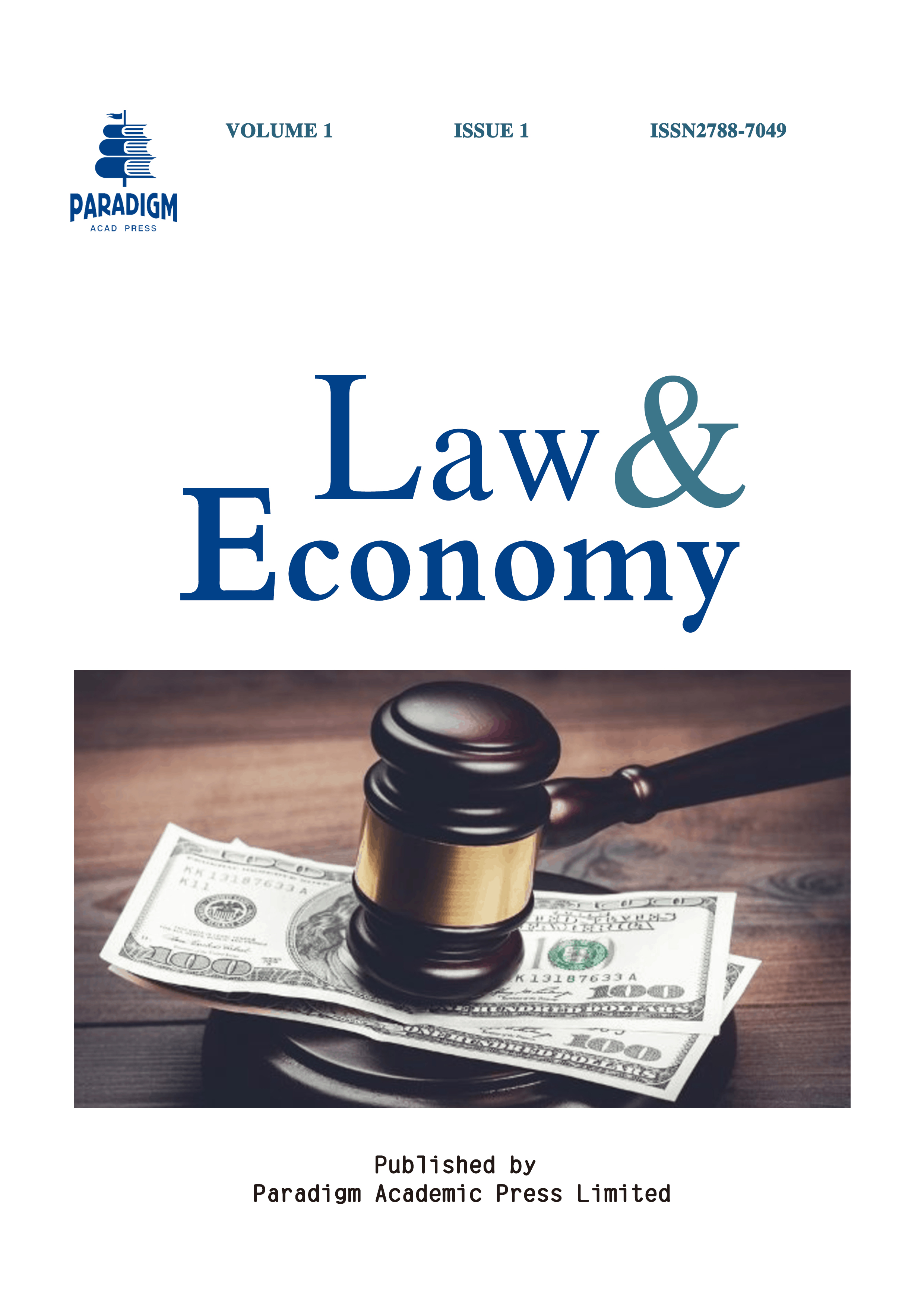Debates of Fundamental Theories in People, Law and Freedom: Locke and Rousseau
DOI:
https://doi.org/10.56397/LE.2022.09.08Keywords:
philosophy, philosophy of law, law, state of nature, social contract, Rousseau, LockeAbstract
This essay is aimed to discuss the comparative views of John Locke and Jean-Jacques Rousseau’s account of freedom within a state of nature and in a civil society. The concept of a state of nature as a starting assumption of a social contract, and the difference in freedom and rights within a state of nature and civil society is crucial to the discussion of social contract theories, the legitimacy of governments, and constitutions.
I shall first explain and analyse both writers’ conceptions of the state of nature and civil society, and what freedom do we have in each and how we have them. Finally, by reflecting on both theorists’ assumptions and philosophical conditioning I will show that Rousseau’s account of freedom in a state of nature and civil society is more convincing depiction of freedom in a state of nature and in a civil society, as it gives a more relevant assumption of human condition and a preferable theory of government that ensures civil freedom.


